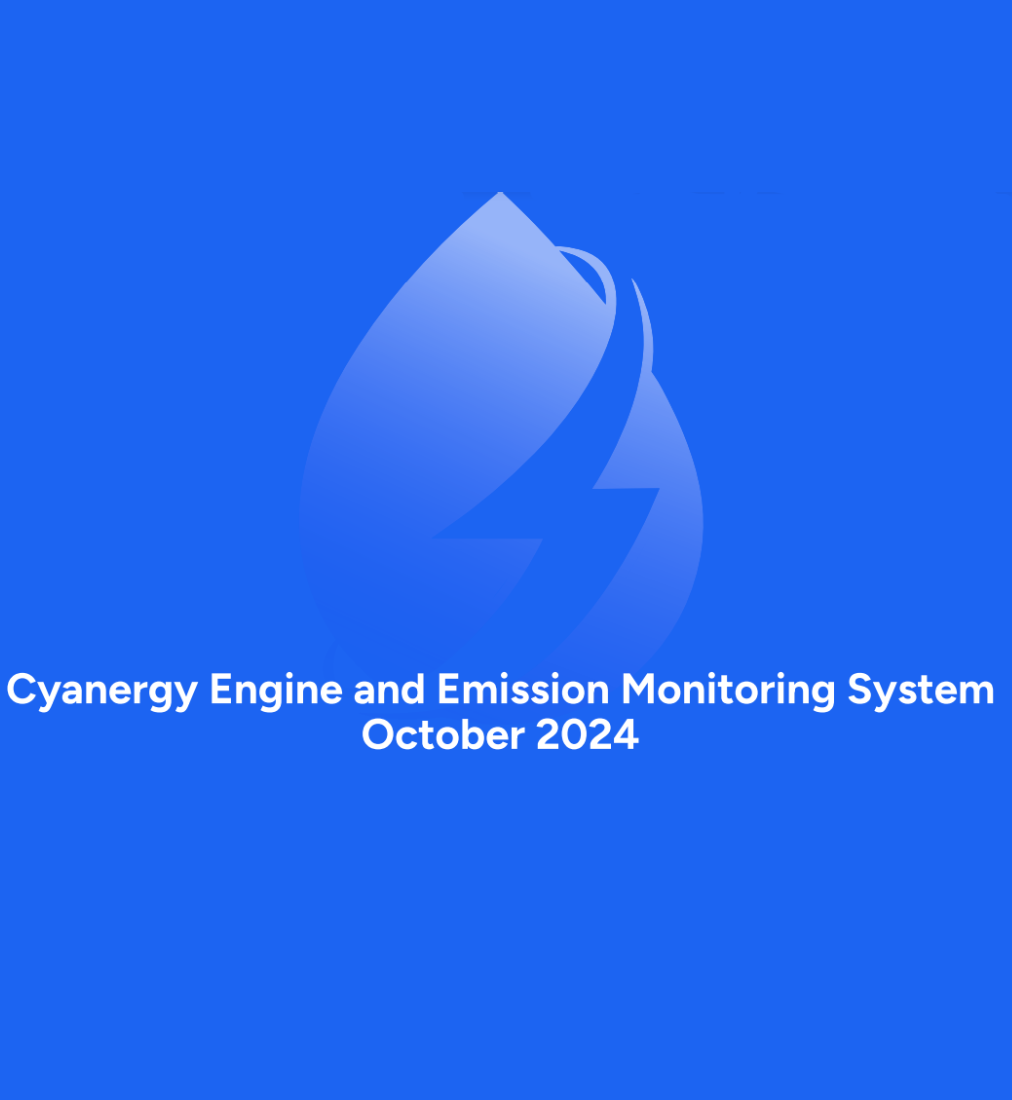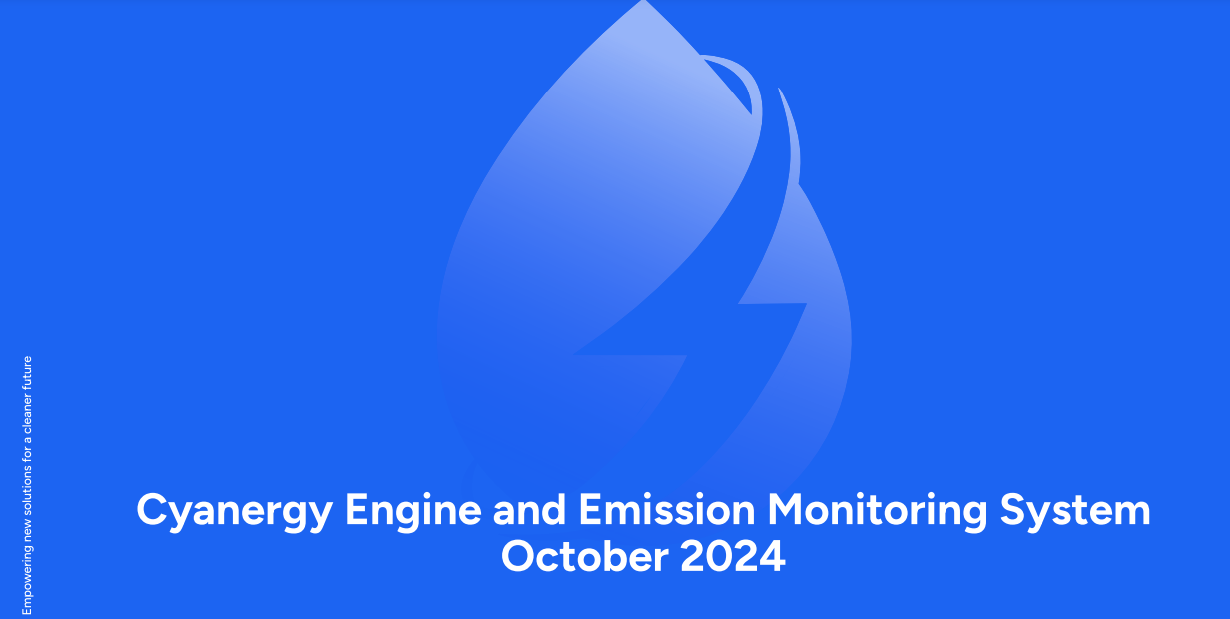Earlier this month, industry leaders gathered at one of the most prominent international shipping conventions and discussed how the shipping sector can rise to meet its environmental, economic and socio-political challenges.
The Posidonia International Shipping Exhibition in Athens, Greece saw record breaking participation this year, with more than 32,500 visitors and 2,038 exhibitors representing 81 countries and territories.
Some of the biggest themes to emerge from the conference were industry innovation, sustainability, and collaboration. The conference showcased advancements in maritime technology, including digital transformation and decarbonization efforts, emphasizing the importance of international partnerships. Several major business deals were announced, underscoring the industry’s commitment to innovation and sustainable growth.
Because the conference is hosted in Greece, one of the primary European shipping hubs, significant focus was placed on European trends and innovations, including the impact of the European Union Emissions Trading System (EU ETS). The system is the EU’s cornerstone policy to combat greenhouse gas emissions and climate change which was launched in 2005 and is now in Phase 4 of implementation.
The adoption of the required EU ETS framework in 2024 has stimulated innovations in low-carbon technologies. It has allowed companies to showcase advancements in alternative fuels, eco-friendly engines, emission reduction equipment, ship designs, software and services.
Shipping registers and governments are now actively promoting new low carbon technologies, and are encouraging members to create systems that accurately monitor and report emissions.
Other important themes and topics related to the maritime industry that were covered at the exhibition included:
- Advances in maritime technology and innovation
- Regulatory developments and compliance
- Maritime finance and insurance
- Logistics and supply chain management
The shipping industry is undergoing significant growth and evolution, facing challenges such as rising chartering activity and rates, terrorist attacks reducing traffic through the Suez Canal, and tightening environmental regulations. With utilization and charter rates higher, many large shipyards are experiencing several years worth of backlog. Construction costs are 30-40 percent higher than they were several years ago, and even sales of older, existing ships are breaking records.
In order to learn and grow from these challenges, the maritime sector will need to embrace technological innovation and strategic international partnerships. The Posidonia conference highlighted the shipping community’s strong commitment to advancing industry trends and driving growth. Organizers are already preparing for the next event, scheduled for 1-5 June 2026.













